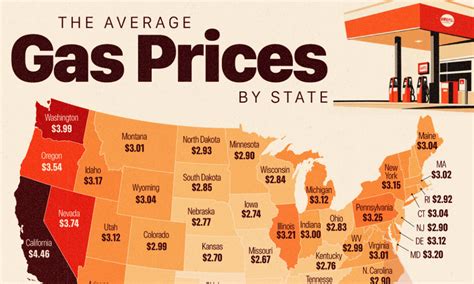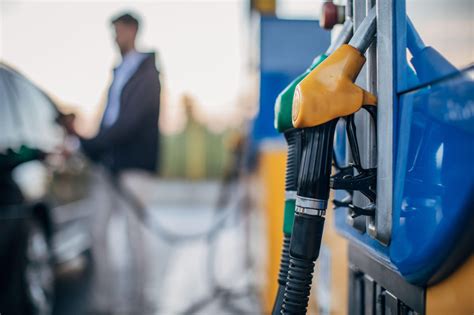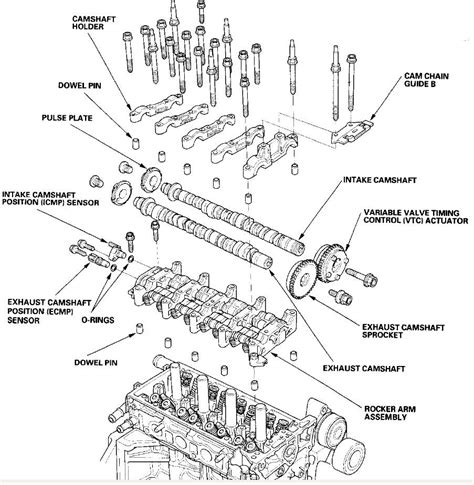Understanding Octane: More Than Just a Number
The question of whether to pump premium fuel into your vehicle is a common one, often surrounded by misconceptions and marketing hype. Many drivers believe that higher octane automatically equates to better performance, improved fuel economy, or superior engine protection. However, the reality is far more nuanced, deeply rooted in your car’s specific engine design and the manufacturer’s recommendations.

What is Octane Rating, Really?
Before diving into performance and health benefits, it’s crucial to understand what premium fuel actually is. The “premium” label refers to its octane rating, which is a measure of a fuel’s resistance to pre-ignition, also known as engine “knock” or “pinging.” Standard regular gasoline typically has an octane rating of 87, while premium fuels are usually 91 or 93 (or higher, depending on the region).
Engine knocking occurs when the air-fuel mixture ignites prematurely under compression, before the spark plug fires. This uncontrolled combustion can lead to a loss of power and, over time, significant engine damage. Higher octane fuel is designed to withstand greater compression before igniting, making it ideal for high-compression engines or those with turbochargers/superchargers that generate more heat and pressure.

Does Your Car Need Premium Fuel? Check Your Owner’s Manual
The definitive answer to whether your car needs premium fuel lies in your vehicle’s owner’s manual or on the inside of your fuel filler door. Car manufacturers design engines to run optimally on a specific octane level. If your manual specifies “premium fuel required,” then using regular gasoline can lead to reduced performance and potential long-term engine damage due to knocking, even if modern engines have knock sensors to mitigate this.
Conversely, if your manual states “regular fuel recommended” or “premium fuel recommended” (but not required), then opting for premium fuel is generally a waste of money. Your engine is designed to perform perfectly well on regular octane, and it won’t gain any significant performance boost or improved fuel economy from higher octane fuel. The engine’s computer (ECU) is programmed to optimize for the specified fuel and cannot magically extract more power from premium fuel if it’s not designed to utilize its higher resistance to pre-ignition.

The Myth of Universal Performance Boost and Engine Cleaning
One of the most persistent myths is that premium fuel cleans your engine better or provides a universal performance boost. While some premium fuels do contain higher concentrations of detergents and additives to prevent carbon buildup, all gasoline sold in the U.S. (and many other countries) must meet minimum detergent standards set by the EPA. Therefore, even regular gasoline has cleaning properties.
For vehicles not designed for premium fuel, there’s no measurable performance increase. Extensive testing by organizations like AAA has consistently shown that using premium fuel in cars designed for regular unleaded offers no benefit in horsepower, acceleration, or fuel economy. Any perceived difference is likely psychological or due to other variables.
Engine Health: Are There Real Benefits for the Right Cars?
For cars that explicitly require premium fuel, using it is crucial for engine health. It prevents harmful knocking and allows the engine to operate as designed, maintaining optimal performance and longevity. Over time, consistently using lower-octane fuel in a premium-required engine can lead to premature wear and tear on components, potentially resulting in costly repairs.
For cars that recommend premium but don’t require it, the benefits for engine health are marginal at best. While the extra detergents might offer a slight edge in cleanliness over many years, regular gasoline already does a good job. The primary health benefit comes from preventing knock, which is only an issue for high-compression engines.

The Cost-Benefit Analysis: Is It Worth the Extra Money?
Considering premium fuel can cost anywhere from $0.20 to $0.60 more per gallon than regular, the financial impact can be significant over time. For a vehicle with a 15-gallon tank, that’s an extra $3 to $9 per fill-up. Annually, this could add hundreds of dollars to your fuel bill.
If your car requires premium, then the cost is non-negotiable for the health and performance of your engine. It’s a necessary expense. If your car doesn’t require it, then the extra cost provides no tangible benefit in terms of performance, fuel economy, or engine longevity that justifies the additional expenditure. You’re essentially paying for an octane rating your engine can’t utilize.

Conclusion: Follow Manufacturer Recommendations
In summary, the decision to use premium fuel boils down to one critical factor: your car’s manufacturer’s recommendation. If your vehicle is engineered to run on premium fuel, then using it is essential for optimal performance and long-term engine health. For the vast majority of vehicles designed for regular unleaded, premium fuel offers no discernable advantages and simply adds an unnecessary expense to your driving costs. Save your money, and let your owner’s manual be your guide.




